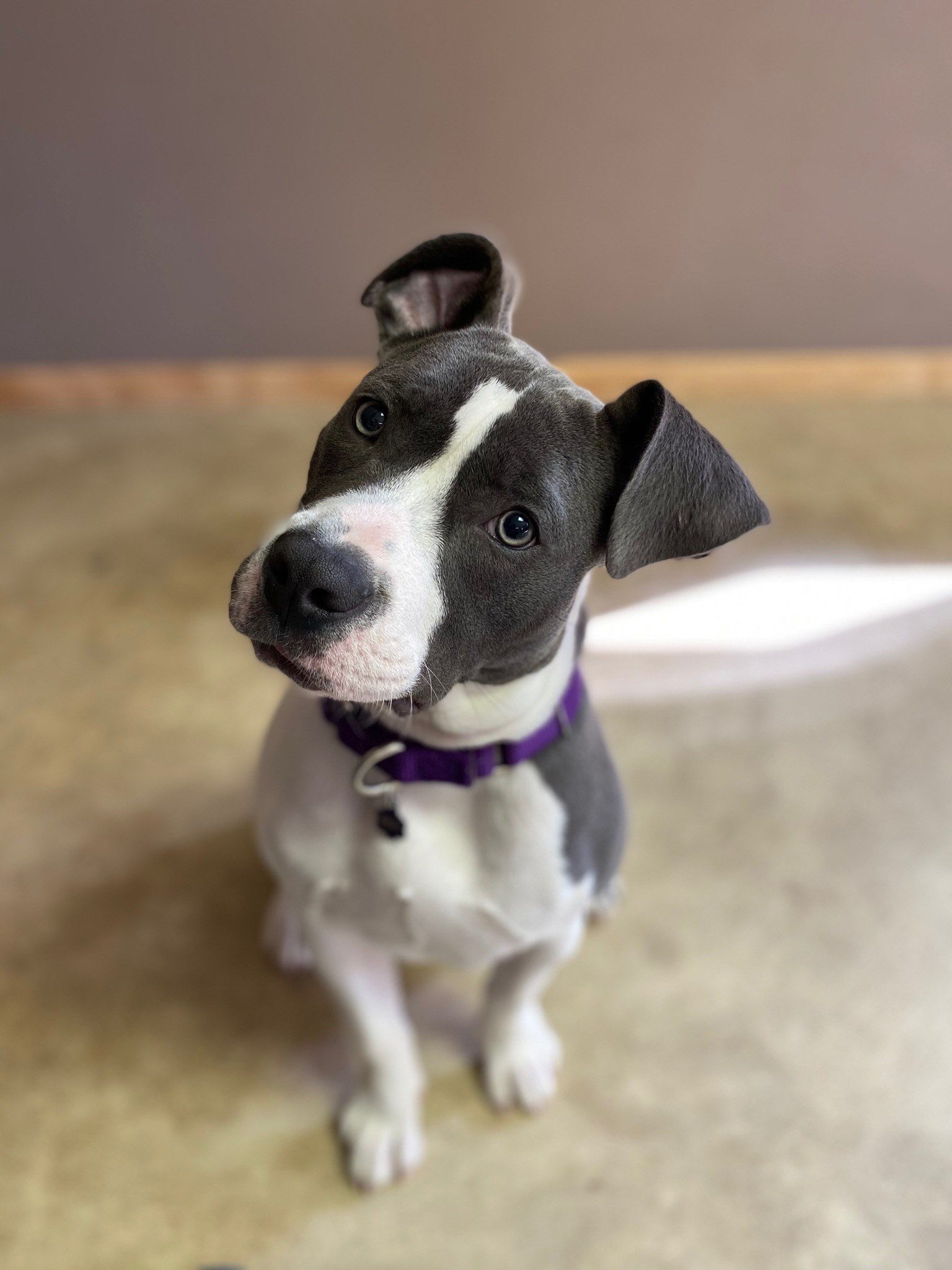Urinary Tract Infection
A Urinary Tract Infections, or more commonly known as a UTI, are very common in puppies. Because young puppies urinate frequently and have a more difficult time controlling their bladder, it may be hard for owners to distinguish between a medical problem and ineffective house training. It is important for owners to recognize the symptoms of a UTI and not misinterpret the issue as a behavioral problem. A UTI is most commonly the result of bacterial infections that can be developed if your puppy is unable to urinate for long periods of time. When the urine is unable to be released from the bladder in a timely manner, bacteria can start breeding causing the bladder and urethra to become infected and irritated. This then results in a Urinary Tract Infection. They may also be caused by a fungal infection, virus, or bacteria in the kidneys. UTIs are more commonly found in female dogs. Because of the shape and proximity of the vulva, it is easier for fecal matter and dirt to contaminate the area.
Although each puppy may present indications of a UTI in a different way (or at all), it is important to what signs you can look for. A urinary tract infection is unpleasant and painful for your puppy, although it is normally not life-threatening. In rare cases, a UTI could be an indication of an underlying issue such as bladder stones, diabetes, Cushing’s disease, bladder cancer, or canine kidney failure. That being said, it is very important to have your puppy examined by their veterinarian and be properly diagnosed if you see any symptoms of a UTI.
Symptoms may include:
- An increase in urination
- Small amounts of urine during potty time
- Discomfort or difficulty urinating
- Cloudy or dark colored urine
- Urine that has a smell odor
- Pus or blood in the urine
- Increased thirst
- Abdominal discomfort
- Excessive licking of the genital area
Treating a urinary tract infection will depend of how severe your puppy’s symptoms are. Typically, treatment will involve antibiotics to remove the bacteria in the body. Sometimes the veterinarians will also suggest a fluid flush to help in clearing the bacteria from the kidneys and urinary tract. If your puppy is prescribed antibiotics, it is important to follow the instructions given by your veterinarian. Do not stop giving the antibiotics until directed, even if your puppy seems to be feeling better. If the prescription is not completed, the UTI may reappear.
Here are some tips to help in preventing your puppy from contracting a urinary tract infection. Like always, prevention is better than treatment.
- Drink water: Make sure your puppy is getting plenty of water throughout the day. Although, trying to keep a schedule of when your puppy is drinking will help with potty training along the way.
- Keep your dog well-groomed: Keeping the area around your puppy’s rear-end and around genitals. This will decrease the chances of feces or bacteria from dirt and mud getting stuck in that area. Give baths when needed to keep them clean and make sure to clean the fur by their genitals.
- Regular urination: Encouraging your young puppy to go potty regularly will help in flushing out bacteria in the bladder and reduce the chances of an infection. If the urine sits in the bladder for long periods of time, it gives the chance of bacteria to grow.
Although UTI’s are a common health issue in dogs, there are easy ways to help prevent them. The most important thing to remember is to keep up with regular veterinary visits with your puppy and not any changes in behavior, mood, or schedule.



